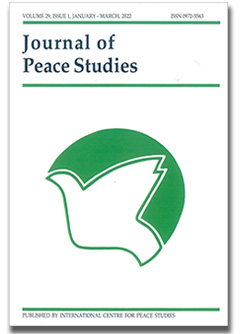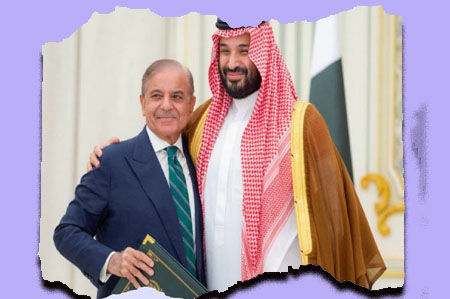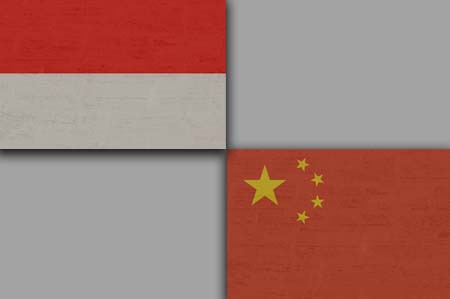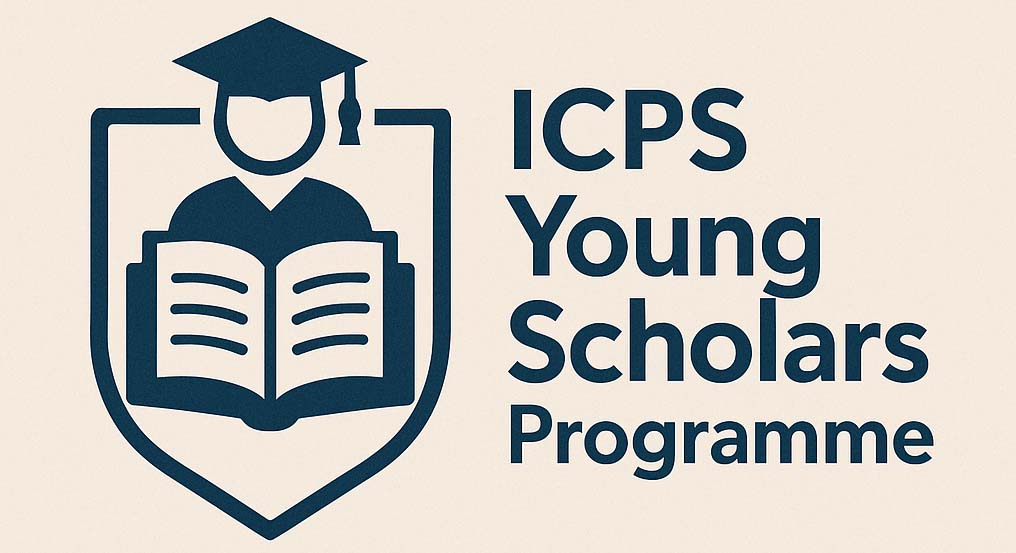
The comment analyses Bangladesh’s political transition following Sheikh Hasina’s ouster in August 2024 and the rise of an interim government led by Muhammad Yunus. It critiques democratic backsliding, human rights abuses, Islamist resurgence, economic fragility, and strained regional ties, highlighting the urgent need for inclusive....















Comments
The Pak-Afghan Border Clashes: Fallout of Unrealistic Expectations?
Ashish Shukla
Ever since August 2021, when Taliban fighters captured the seat of power in Kabul, the bilateral relations between Pakistan and Afghanistan started deteriorating. It was primarily because of Pakistan’s unrealistic expectations from the Taliban.....
Nepal’s September Reckoning: How Gen Z is Rewiring Nepal’s Democracy
Afroz Khan
The comment analyses Nepal’s September 2025 Gen Z-led uprising that toppled Prime Minister K.P. Oli’s government. Triggered by a social media ban, the protests escalated into a nationwide revolt against corruption, inequality, and elite privilege.
Mutual Defence, Mutual Leverage: Decoding Pakistan–Saudi Security Agreement
Imran Khurshid
The Pakistan–Saudi Arabia Strategic Mutual Defence Agreement signed in September 2025 marks a formal deepening of bilateral security ties, declaring that “any aggression against either country shall be considered aggression against both.” This pact reflects shifting
Bangladesh’s Democratic Crossroads: The Stakes of 2026 Elections
M.A. Hossain
The commentary explores Bangladesh’s fraught path to its 2026 national election, highlighting deep public mistrust, historical electoral dysfunction, and the volatile political climate following the 2024 uprising.